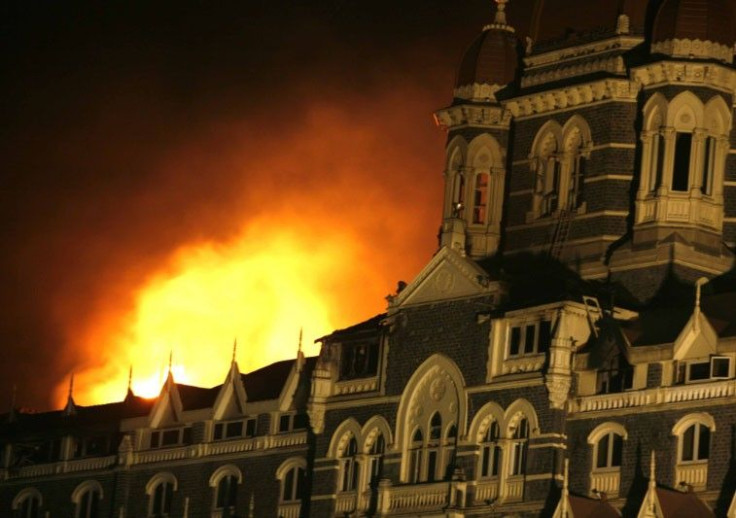Key 26/11 Mumbai Terror Attack Conspirator Abu Hamza Arrested In Delhi

Indian security agencies have arrested one of the suspected handlers of the terrorists who carried out attacks in Mumbai November 26, 2008, which killed 166 people.
The arrest of Sayed Zabiuddin Ansari alias Abu Hamza alias Abu Jindal by the Delhi police June 21 is regarded as the most significant development in the case since the arrest of Ajmal Kasab, the only attacker to be captured alive by the police and has been sentenced to death in Indian custody.
Hamza was tracked down with the help of Saudi Arabian intelligence agencies after more than three years of rigorous tracking.
Hamza had been arrested at the Indira Gandhi International airport after being deported from Saudi Arabia on India's request, Indian media reported Monday.
The 30-year-old Hamza, who hails from Georai area of the Beed district in the central Indian state of Maharashtra, is an alleged member of Lashkar-e-Taiba, which orchestrated the series of coordinated shootings, bombings and siege in Mumbai on 26/11 replicating the 9/11 attacks in the U.S.
Hamza was produced before a court Monday and was remanded to 15-day police custody.
The Mumbai Crime Branch will initiate a course of action for Hamza's detailed interrogation in Mumbai.
Abu Jindal has been apprehended and has been remanded to custody of law enforcement agencies, Home Minister P Chidambaram said.
We are awaiting the investigation report from Delhi Police and will take an appropriate action following the report, External Affairs Minister S M Krishna said.
Hamza, who was reportedly in the Karachi control room at the time of attacks in Mumbai, is believed to have told the attackers to convey to the Indian media that the attack was a trailer and the entire movie was yet to come.
Hamza, in the tapes intercepted by the Indian police, was heard directing the terrorists to falsify their Pakistani identity and identify themselves as being the Deccan Mujahideen, which operates in Hyderabad in the southern Indian state of Andhra Pradesh. It was the typical Hindi words like prashasan (government) used by Hamza that led Indian authorities to believe that there was an Indian involved in the conspiracy.
Ajmal Kasab testified confirming Hamza's involvement in the attacks, saying he had tutored the 10 terrorists to speak Hindi.
Hamza is believed to have been indoctrinated in Islamic extremist activities soon after the 2002 communal riots between Hindus and Muslims in the Indian state of Gujarat, and was initially a member of the banned Students Islamic Movement of India or SIMI, before joining the Indian Mujahideen and later the Lashkar-e-Taiba.
© Copyright IBTimes 2024. All rights reserved.












